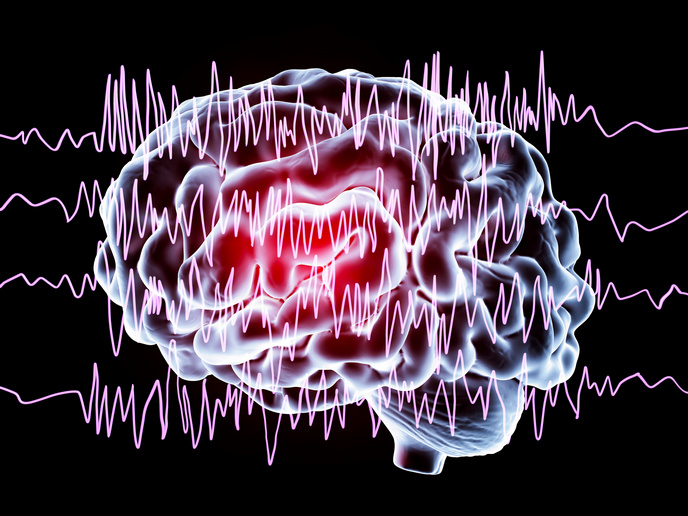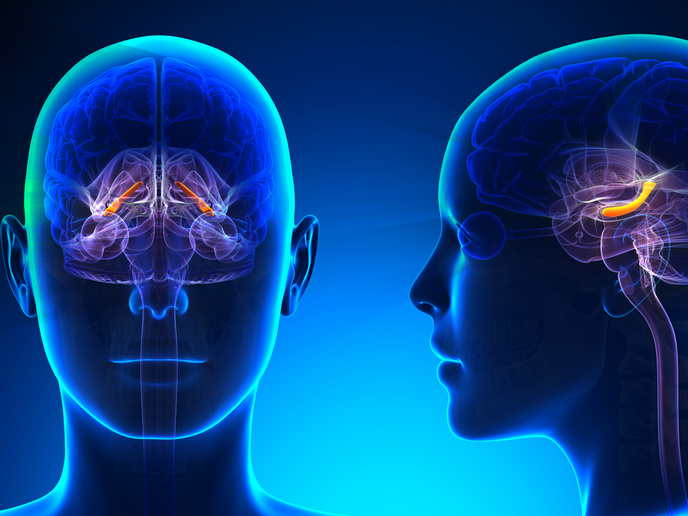Studying stress and healthy ageing
The project 'Neuroendocrine immune networks in ageing' (NINA)(opens in new window) focused on three systems crucial for health and longevity: the central nervous system, the immune system and the endocrine system. NINA, a Marie Curie Initial Training Network (ITN), supported 15 research fellows (13 early-career and 2 experienced researchers), who studied the impact of ageing on these systems at 10 world-class institutions. Research projects investigated a range of issues related to ageing with a focus on stress. These included the effect of sleep duration and quality on the immune system; the effect of hormones secreted by adipose tissue on the immune system; the effect of the stress of caregiving on young and older adults, and the impact of early life stress on epigenetic programming. In one study with rodents, researchers found that animals with lower circulating thyroid hormones had a longer lifespan. Furthermore, these animals also were resistant to diet-induced obesity, suggesting that one secret to long life may be a more adaptable response to food intake by the hypothalamus. Other findings point to the role of stress in ageing. In rodents researchers were able to identify the early-stress response region in the promoter for the glucocorticoid receptor and how hypermethylation improved this region's response to stress. In human studies of psychological stress this was found to have a negative impact on immunity both young and older adult caregivers but was more pronounced in older adults. Researchers also found that physical activity improved sleep in older adults, a cause of stress in old age, and this should add more weight to the benefits of physical activity for healthy ageing. In another study, researchers were trying to develop ways to improve immunity in older adults and in particular how to overcome the age-related deterioration of the thymus. They experimented with ways to use stem cells to regenerate the thymus and improve responses to vaccination and showed that they could regerenate a thymus in rodents. These findings have many applications. Identifying the endocrine response to feeding early on in life may help indicate those with a more adverse response to overeating. Furthermore, simple lifestyle changes, such as increased physical activity — which leads to sounder sleep — may go a long way to promoting healthy ageing.







